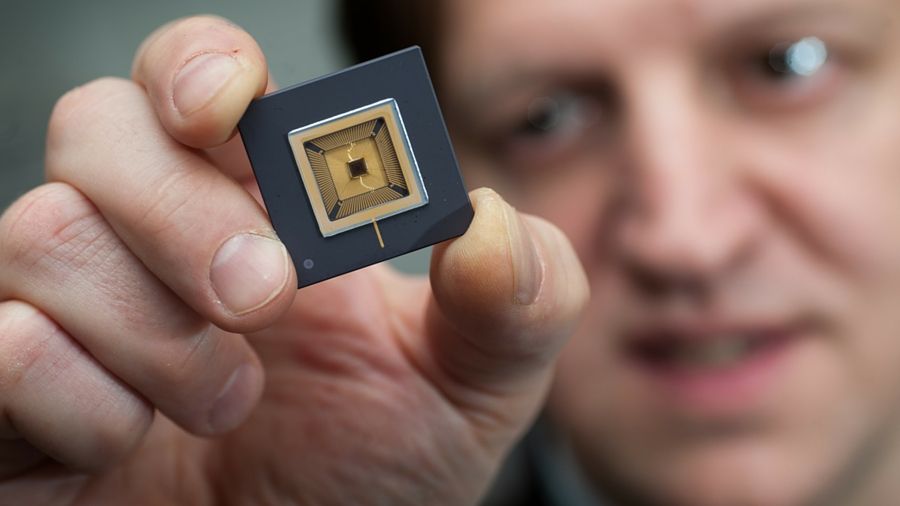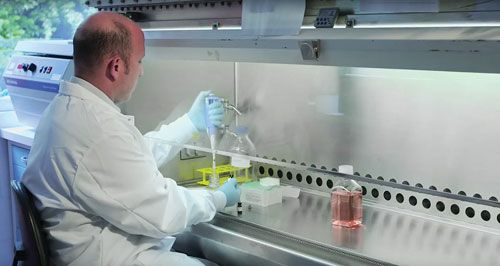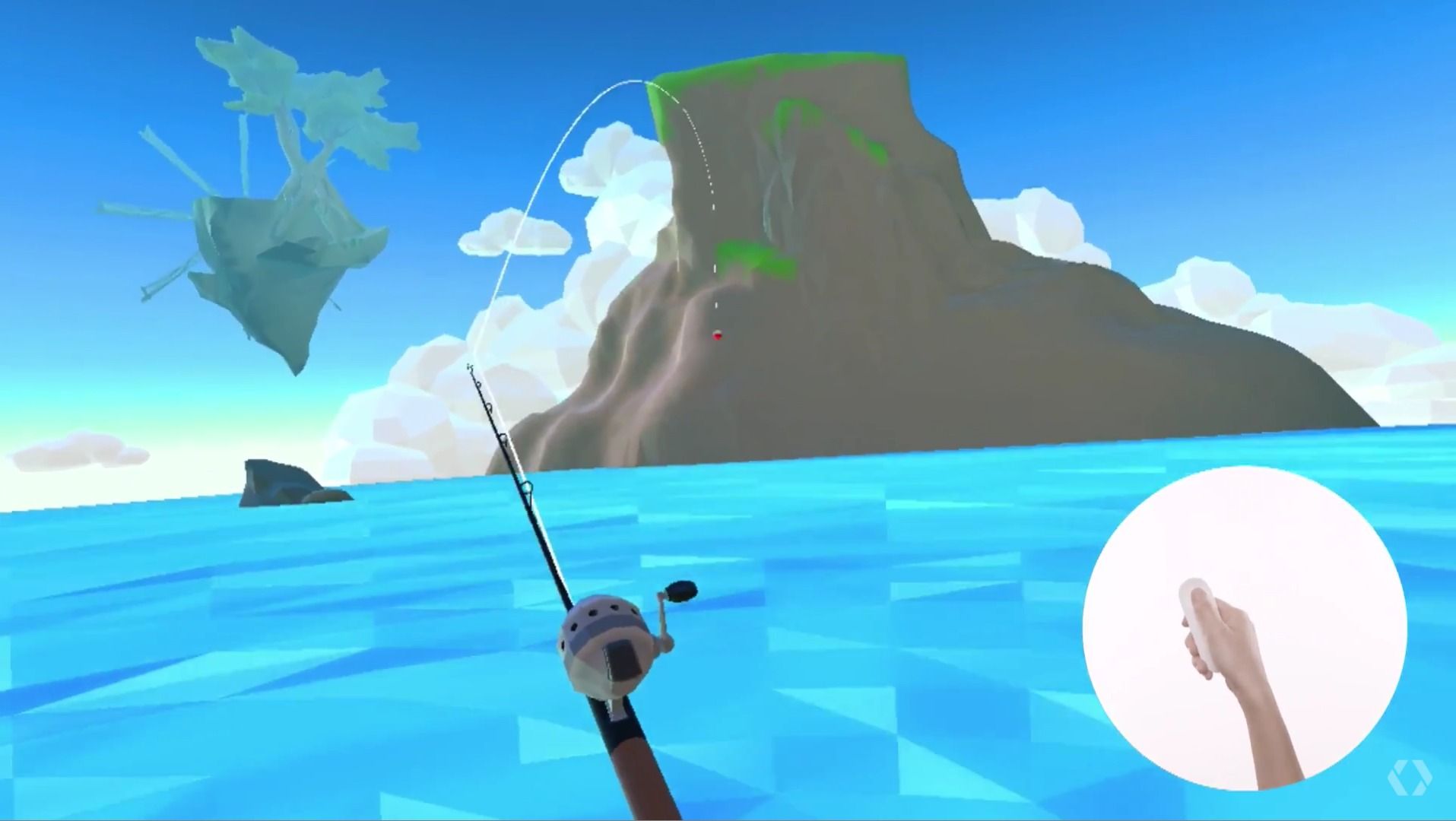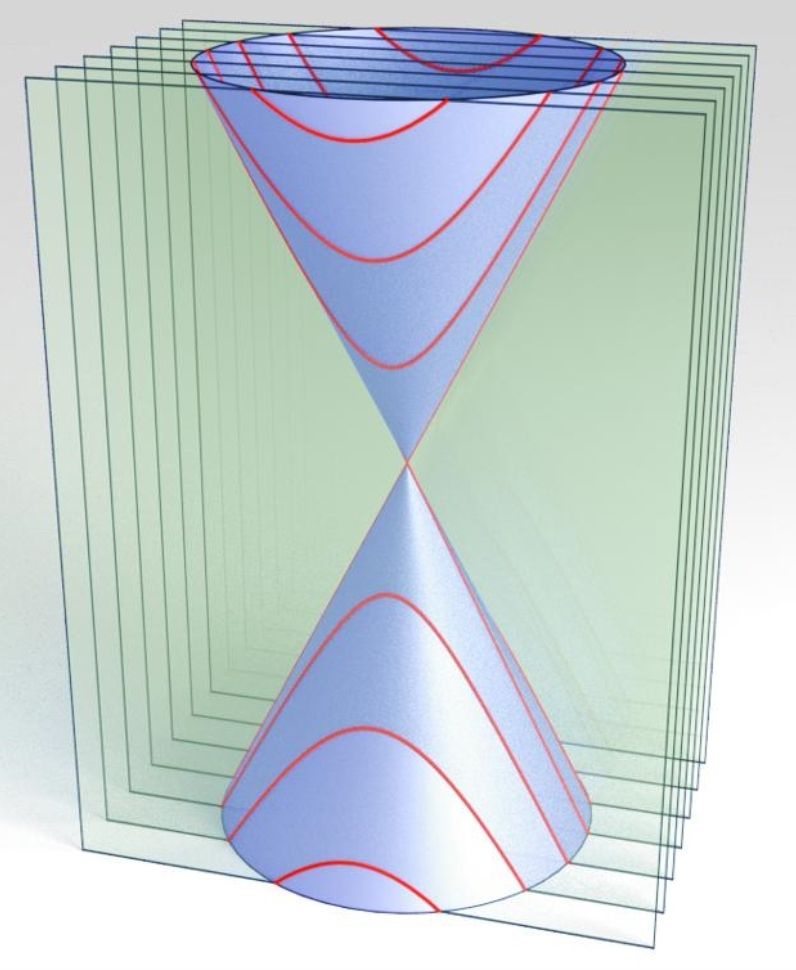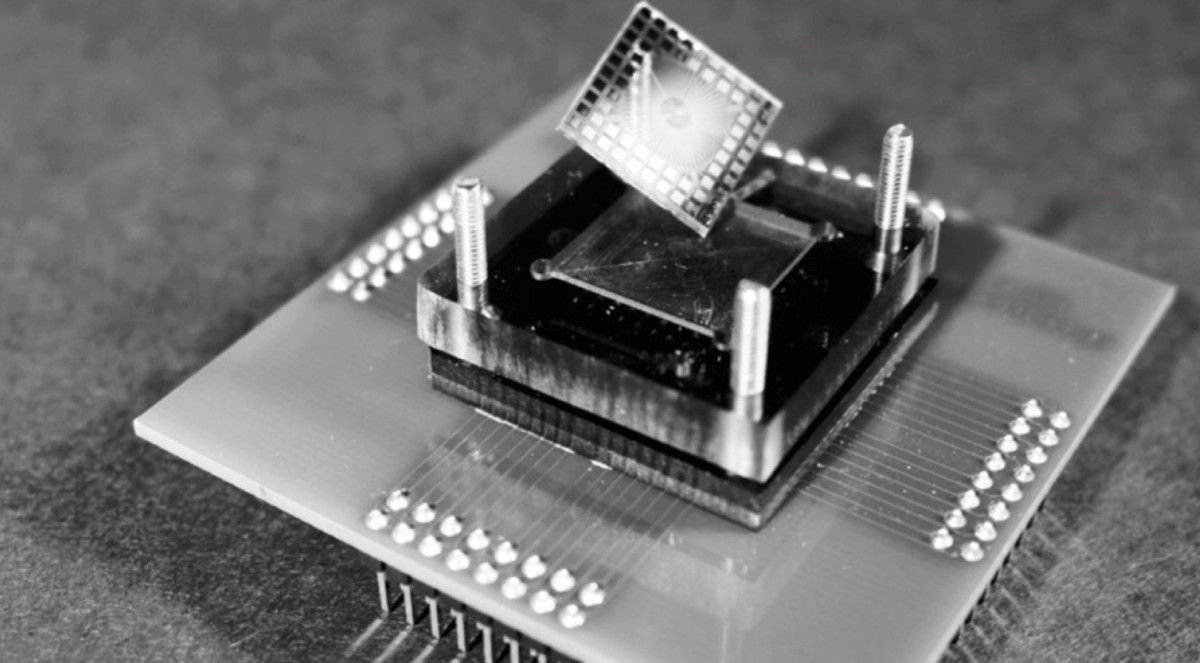Page 11115
May 23, 2016
Harvard Team Takes Major Step toward Overcoming Antibiotic Resistance
Posted by Bruno Henrique de Souza in category: biotech/medical
Cientistas de Harvard University criou uma nova plataforma para superar a resistência aos antibióticos.
May 23, 2016
Sneak peek: A first look at YouTube’s VR interface within Daydream
Posted by Karen Hurst in categories: mobile phones, virtual reality
On Thursday, Google, a unit of Alphabet Inc.
At first, it will also only run on a select number of devices — most of which are touch-enabled (think Google’s own Chromebook Pixel, the Asus Chromebook Flip and Acer’s R11).
Like numerous other announcements Google made at its I/O developers conference this week, the Android apps integration feature won’t be available for users until this fall. For the layman, that means that while you may be able to install Android apps, some of them might not be ideal until developers eventually get around to making things work correctly. You’ll be able to make a Skype call, work with Office files, be productive offline, and play games like Minecraft or Hearthstone.
Continue reading “Sneak peek: A first look at YouTube’s VR interface within Daydream” »
May 23, 2016
U.S. lawmaker orders NASA to plan for trip to Alpha Centauri
Posted by Klaus Baldauf in category: space travel
Representative John Culberson (R–TX) wants agency to envision a spacecraft that can travel at 10% light-speed.
May 23, 2016
Size quantization of Dirac fermions in graphene
Posted by Karen Hurst in categories: electronics, particle physics
May 23, 2016
American Entrepreneurs Will Build the Fountain of Youth in Fiji
Posted by Dan Kummer in category: life extension
May 23, 2016
Neuron-Based Chips Will Soon Become Commonplace, This Startup Founder Says
Posted by Shailesh Prasad in category: computing
What does it mean to be alive? This question has been haunting us since the beginning of time. Thousands if not millions of novelists, philosophers, scientists have tried to answer.
However, for practical purposes, you don’t really need to know: you just live. You just learn to move in this world according to a certain set of rules, and as long as they work, you keep going.
All things considered this is not much different to the approach to brain-like computers that a Newark, California, based startup named Koniku is taking. Most of the experiments in this field are focused on trying to understand and replicate the infinite complexity of the brain using artificial methods, or on creating interfaces that connect the physical world with machines.
Continue reading “Neuron-Based Chips Will Soon Become Commonplace, This Startup Founder Says” »
May 23, 2016
HIV Genes Have Been Cut Out of Live Animals Using CRISPR
Posted by Dan Kummer in categories: bioengineering, biotech/medical
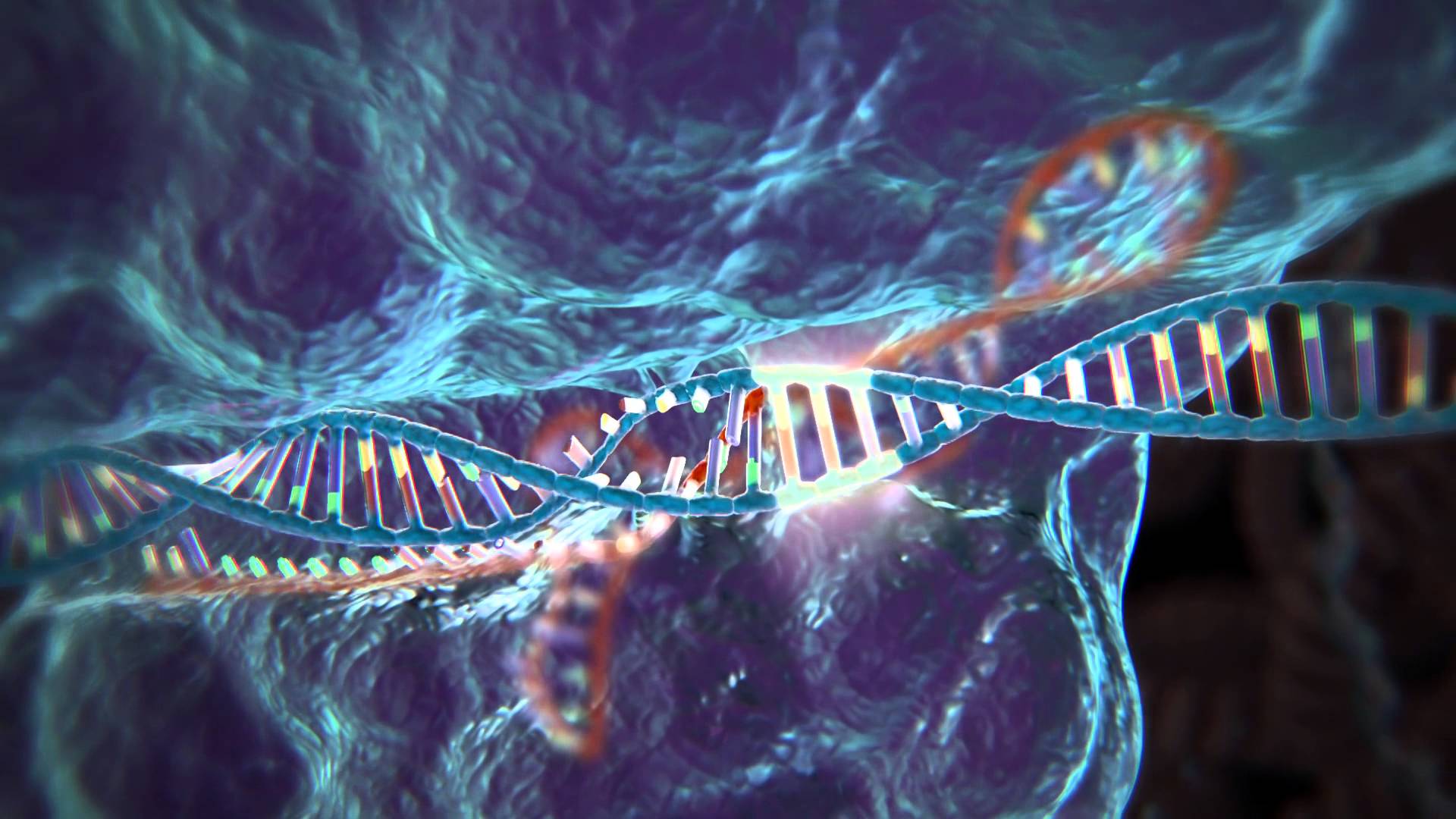
For the first time ever, scientists were able to successfully cut out the HIV genes from live animals, and they had over a 50% success rate.
A significant milestone was achieved today in the fight against HIV—scientists led by Kamel Khalili of the Comprehensive NeuroAIDS Center at Temple University just reported that, for the first time, HIV genes have been successfully eliminated from the genomes of animals infected with the virus.
Continue reading “HIV Genes Have Been Cut Out of Live Animals Using CRISPR” »
May 23, 2016
This self-healing material could solve many wearable woes
Posted by Karen Hurst in categories: biotech/medical, electronics, nanotechnology, wearables
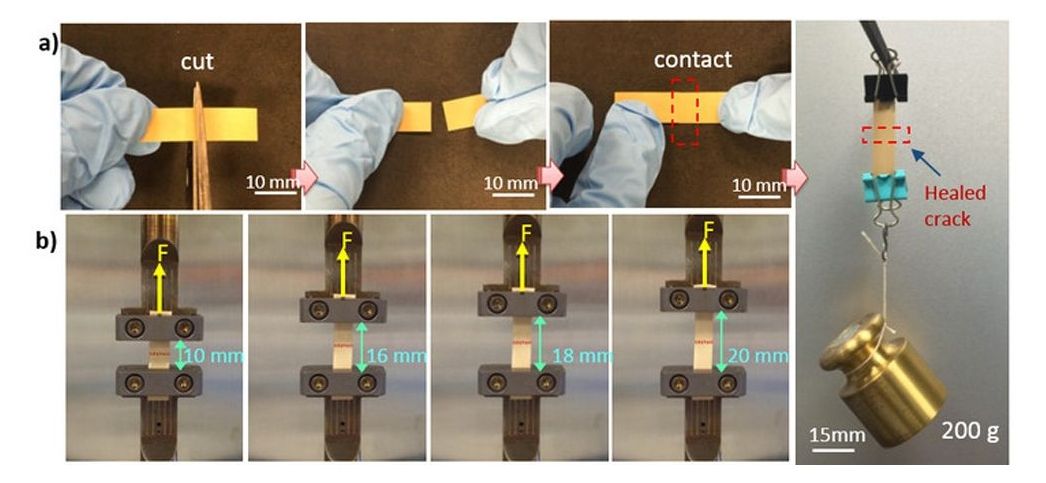
The physical limitations of existing materials are one of main problems when it comes to flexible electronics, be it wearables, medical or sports tech. If a flexible material breaks, it either stays broken, or if it has some self-healing properties it may continue to work, but not so well. However, a team from Penn State have creating a self-healing, flexible material that could be used inside electronics even after multiple breaks.
The main challenge facing researchers led by Professor Qing Wang, was ensuring that self-healing electronics could restore “a suite of functions”. The example used explains how a component may still retain electrical resistance, but lose the ability to conduct heat, risking overheating in a hypothetical wearable, which is never good. The nano-composite material they came up with was mechanically strong, resistant against electronic surges, thermal conductivity and whilst packing insulating properties. Despite being cut it in half, reconnecting the two parts together and healing at a higher temperature almost completely heals where the cut was made. The thin strip of material could also hold up to 200 grams of weight after recovering.
May 23, 2016
Acoustic engineering transcribes crackling knee sounds into moving graph
Posted by Karen Hurst in categories: biotech/medical, electronics, engineering, health
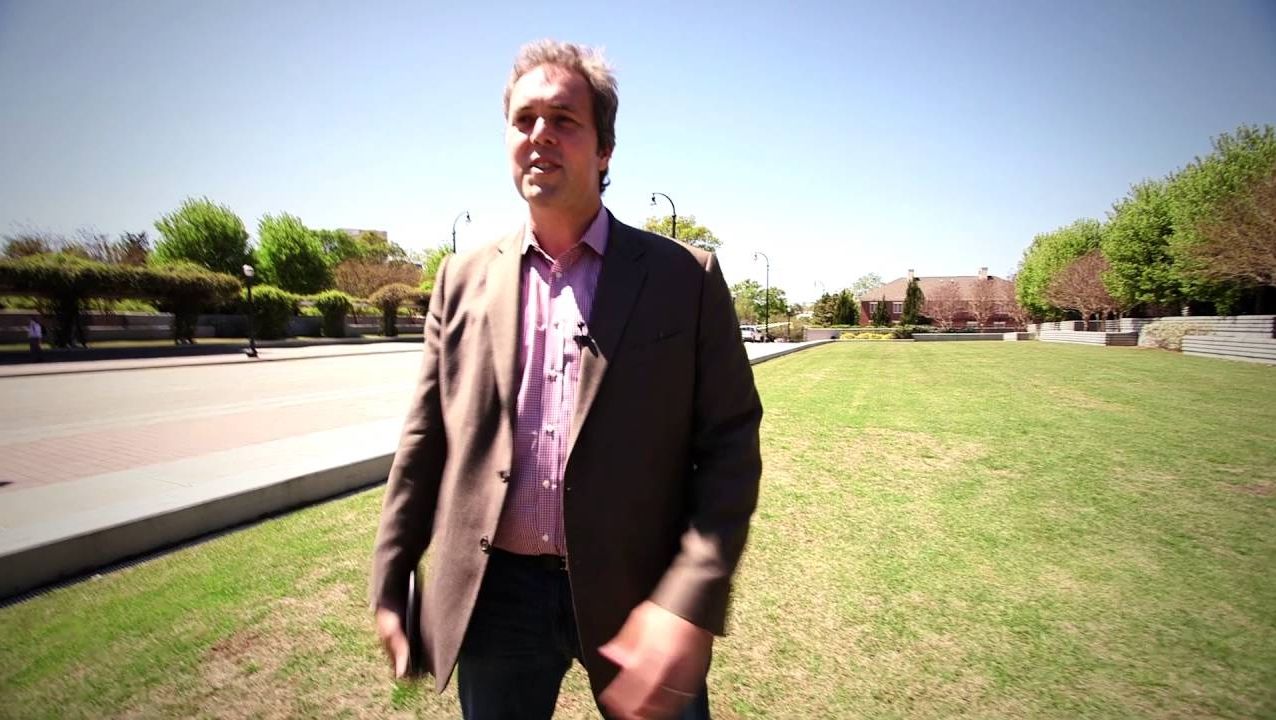
New method for precisely identifying and treating fractures.
You’ve injured your knee. A doctor straps a listening device to it, and the noises you hear coming out of it are cringe-worthy. “Crackle! Krglkrglkrgl! Snap!”
Continue reading “Acoustic engineering transcribes crackling knee sounds into moving graph” »
